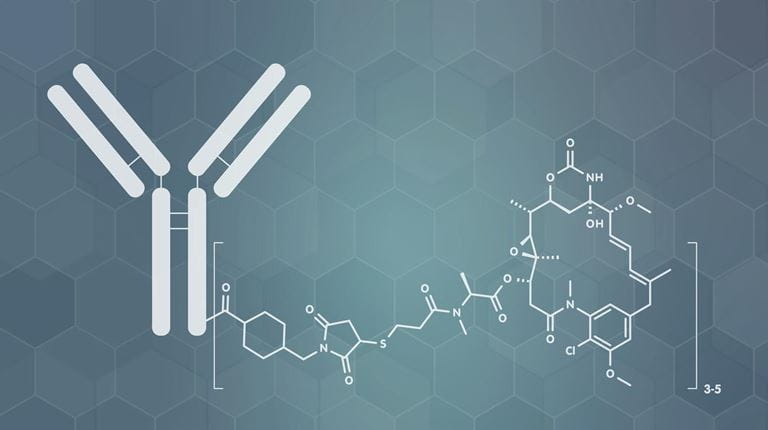You probably know about antibodies made by the human body, part of an elaborate immune system designed to fight infection. You encounter a bacteria or virus for the first time. This is an antigen and it is foreign to your body. Your body makes antibodies to this antigen and, if all goes well, your body remembers the foreign invader and disarms it before it can make you sick again.
This is thanks to special cells called B lymphocytes that multiply to make copies of natural antibodies known as immunoglobulins. When your body does this, it is with many different variations or clones – also known as a polyclonal response. (“Poly” means many.) Your body recognizes the antigen and responds with mixture of immunoglobulins. They are all able to respond to that new antigen.
But what are monoclonal antibodies? Here’s a hint: “Mono” means one. Learn more in these 10 facts.
- Monoclonal antibodies are artificially manufactured. They’re created in a lab with a specific medical purpose/target in mind, using genetic engineering and other very specialized methods.
- Since 1985, the U.S. FDA has approved about 100 monoclonal antibodies as medicines, with more coming every year.
- They go by “mab” for short. Even if you never heard the term “monoclonal antibody,” you might know its initials. When you see “mab” on the end of a generic drug name, it means the medicine is a monoclonal antibody.
- Monoclonal antibodies are also called “biologics.”
- They differ from antibodies made by the human immune system, which are typically polyclonal antibodies. Polyclonal antibodies are “produced by a number of distinct B lymphocytes, and, as a result, they each have a slightly different specificity for the target antigen.”
- Monoclonal antibodies are produced by a single clone of cells and fight disease by binding to a particular and specific agent in the body. The right balance for a monoclonal antibody is important. They may have either pro- or anti- effects and too much or too little may limit your desired effect.
- They are currently used to treat cancer, autoimmune disorders and other health problems.
- Both monoclonal and polyclonal antibodies are being studied as potential treatments for COVID-19.
- In June, CSL Behring announced acquisition of Vitaeris, a company developing a monoclonal antibody with the potential to combat the leading cause of long-term rejection in kidney transplant recipients.
- Also in June, CSL Behring announced Phase 2 clinical trial results for a monoclonal antibody being developed as a potential preventive treatment for hereditary angioedema. Known as HAE, this rare disease causes unpredictable, dangerous episodes of swelling. And this week, the company announced that this same monoclonal antibody could be a potential treatment for COVID-19.



